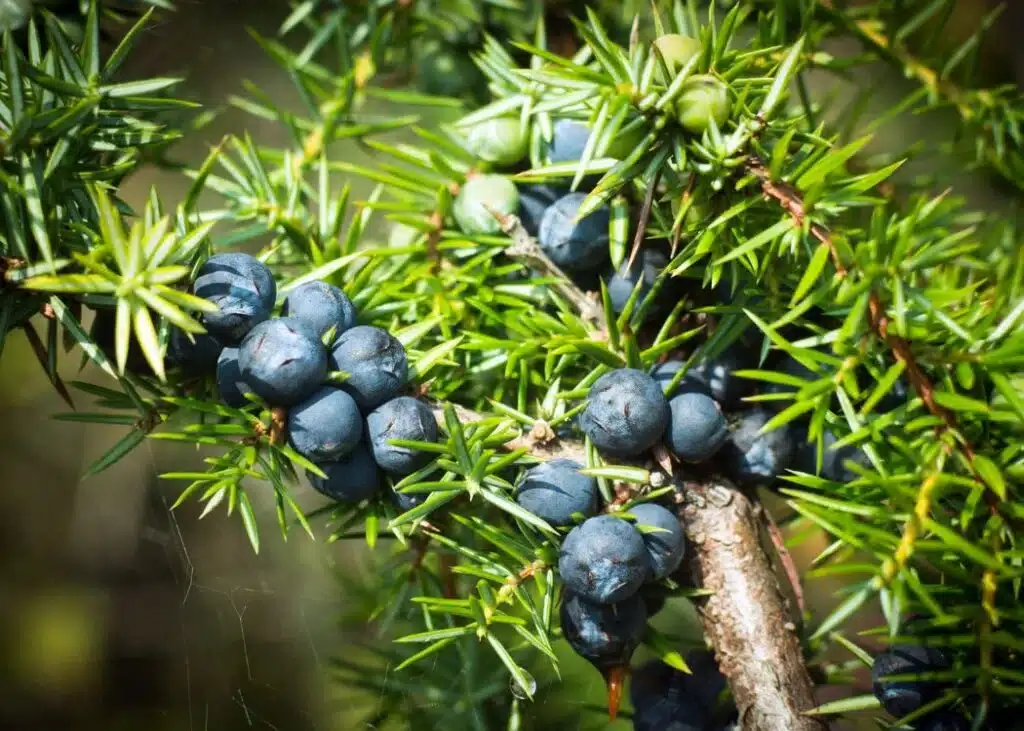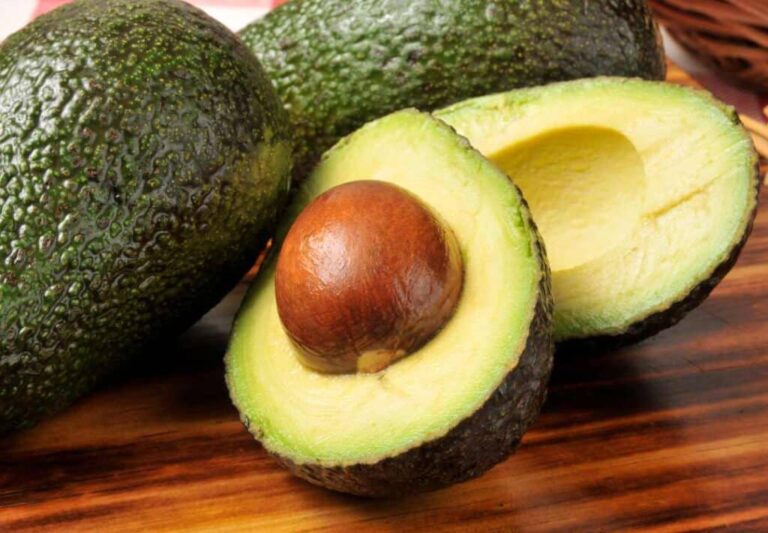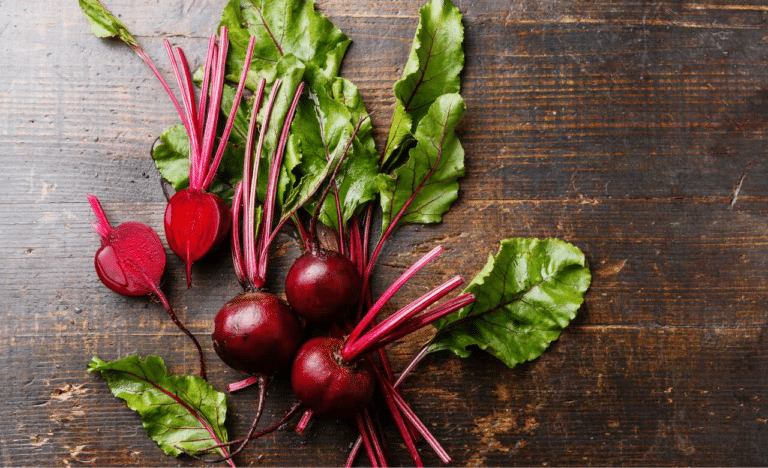Best Substitute For Juniper Berries
Are you looking for an ingredient to give your dish a unique flavor that juniper berries can offer but do not have access to them? Look no further! We have the perfect substitute for juniper berries to unleash your creativity in cooking. Make delicious dishes without compromising the flavor.

Contents
Can You Substitute Juniper Berries?
Yes, if you’re unable to find juniper berries or if they’re not to your taste, there are several alternatives that can mimic their unique flavor.
Rosemary, for instance, can provide a similar piney note, while caraway seeds or bay leaves can offer a comparable depth of flavor. Another option is black cardamom, which has a smoky taste that can substitute the robust flavor of juniper berries in savory dishes.
However, keep in mind that while these substitutes for juniper berries can replicate certain aspects of the juniper berries flavor, they might not perfectly match the distinct combination of sweet, tart, and woody notes that juniper berries provide.
13 Best Juniper Berry Substitutes
Here are the 13 best juniper berries substitutes that elevate your culinary creations.
From caraway seeds’ unique sweetness to the aromatic depth of bay leaves and the spicy allure of star anise, explore 13 creative alternatives that match the distinctive flavor of juniper berries.
1. Caraway Seeds
Caraway seeds, which are a member of the carrot family, can be an excellent juniper berry substitute due to their unique flavor profile. These aromatic seeds have a slightly sweet flavor that aligns with the sweet notes found in juniper berries.
While they don’t perfectly replicate the tartness of juniper berries, their hint of sweetness can provide a similar balance in dishes that call for these berries.
The quantity of caraway seeds needed to replace juniper berries in recipes may vary, but a good starting point could be to use one caraway seed for every two juniper berries. This ratio allows the caraway to impart its unique sweet taste without overpowering the dish.

2. Bay Leaf
Bay leaf, with its subtle flavor and slightly bitter taste, can serve as an effective juniper berries substitute in various recipes.
Though not an exact match, the crushed bay leaf can provide a comparable depth of flavor to juniper berries, especially in vegetable and meat dishes. Their unique aromatic profile can add a new dimension to your cooking, similar to the way juniper berries would.
A good rule of thumb when substituting is to use one crushed bay leaf for every four juniper berries. This ratio allows the bay leaf to impart its unique bitter taste without overpowering the dish.
Keep in mind that while bay leaves can mimic some aspects of juniper berries’ flavor, they might not perfectly replicate the sweet and tart notes that juniper berries provide.

3. Star Anise
Star anise, derived from the fruit of an evergreen tree, can act as a flavorful substitute for juniper berries in numerous recipes. Its unique sweet and spicy flavor gives it a delicate aroma, making it a suitable alternative.
Although star anise doesn’t perfectly mimic the tart and sweet notes of juniper berries, its robust flavor can provide a similar depth to dishes that originally call for juniper berries.
When substituting, consider using one star anise for every teaspoon of juniper berries. This is a good starting ratio that allows the star anise to impart its unique flavor without dominating the dish.

4. Rosemary
Rosemary, a fragrant herb with a distinct and woody aroma, can be used as a substitute for juniper berries in various savory dishes. Its strong, piney flavor similar to that of juniper berries makes it an excellent alternative.
Fresh rosemary sprigs can bring a comparable depth and aroma to your cooking, much like the way juniper berries would. Although rosemary doesn’t perfectly mimic the tartness of juniper berries, its robust flavor profile can provide a similar impact.
When substituting, consider using one fresh rosemary sprig for every few juniper berries. This ratio allows the rosemary to impart its unique, pine-like flavor without overpowering the dish.

5. Lingonberry
Lingonberries, with their tart taste and woody flavor, make for a compelling substitute for juniper berries in various recipes.
The similarity in their flavor profiles allows lingonberries to mimic the distinctive taste of juniper berries quite closely.
When using lingonberries as a substitute, consider a ratio that suits the tartness you desire in your dish, since lingonberries might be slightly more acidic than juniper berries.
Nonetheless, the unique combination of tart and woody flavor in lingonberries can add an exciting twist to your culinary creations, making them a worthy alternative to juniper berries.

6. Allspice Berries
Allspice berries, with their rich, earthy flavor, can be an intriguing substitute for juniper berries in your cooking.
The robust and complex taste of allspice berries may not exactly mimic the tartness of juniper berries, but it does offer a similar depth and complexity that can elevate a dish.
When using allspice as a substitute for juniper berries, it’s essential to adjust the quantity to suit your taste preference, as allspice can be quite potent.
The unique combination of , spicy, sweet and earthy flavors in allspice berries can add a new dimension to your culinary creations, making them a worthy alternative to juniper berries.

7. Dill Spices
Dill spices, with their unique, woodsy flavor, can be an effective substitute for juniper berries in your recipes.
The subtle, yet distinct taste of dill spices can mimic the tartness of juniper berries, adding a similar depth and complexity to your dishes.
When using dill as a substitute for juniper berries, consider adjusting the quantity to match the intensity of flavor you desire, as dill can be quite potent.
This aromatic herb’s woodsy and slightly sweet flavor can enhance your recipes, making it a worthy alternative to juniper berries.

8. Juniper Oil
Juniper oil, an essential oil derived from juniper trees, can serve as a potent substitute for juniper berries in various applications.
The oil carries the distinct flavor and aroma of the berries, making it an excellent choice when the berries are not readily available.
When using juniper oil as a substitute for juniper berries, it’s important to remember its concentration. A small amount can go a long way in replicating the unique taste of juniper berries.
This essential oil’s robust and woody flavor can add a new depth to your dishes, making it a worthy alternative to juniper berries.
Lastly, while using juniper oil, remember to adjust other ingredients accordingly to balance the potent flavors.

9. Black Pepper
Black pepper, a very special spice in numerous cuisines, can be used as a substitute for juniper berries. While it doesn’t perfectly mimic the flavor of juniper berries, its spicy and slightly sweet taste can add flavor to your dishes in a similar way.
When using black pepper as a substitute for juniper berries, particularly in vegetable soups, you’ll find it imparts a lovely taste that complements the fresh produce. The key is to use it sparingly, as its flavor is quite robust.
This versatile spice’s warm and comforting flavor can add depth to your culinary creations, making it a worthy alternative to juniper berries.

10. Cardamom
Cardamom, with distinct aroma and unique flavor, it can be an excellent substitute for juniper berries. This versatile spice comes in two varieties – green cardamom and black cardamom, both of which can be used in place of juniper berries.
The green cardamom has a sweet and light flavor, while the larger dark brown pods of black cardamom offer a smoky, robust flavor. These spice pods can be used whole or ground to replace juniper berries in various recipes.
Their distinct aroma blends well with other herbs, providing a rich, complex flavor that can elevate your dishes. While the taste is different, using cardamom as a substitute for juniper berries can introduce an exciting new flavor dimension to your culinary creations.

11. Gin
Gin, particularly authentic juniper gins, can serve as a unique substitute for juniper berries in various culinary applications.
The spirit, made from the berries of the juniper tree, carries an intense flavor that mirrors that of juniper berries. This makes gin an ideal substitute when the actual berries are unavailable.
Its distinct, aromatic qualities can infuse your dishes with the same refreshing essence that juniper berries would offer.
In essence, using gin as a substitute for juniper berries allows you to maintain the desired flavor profile while adding an exciting twist to your recipes.
12. Alder Wood Chips
Alder wood chips, though unconventional, can be used as a substitute for juniper berries in certain culinary contexts. Specifically, when it comes to smoking or grilling meats, alder wood chips can impart a flavor that’s reminiscent of the unique, pine-like taste of juniper berries.
The smoke from these chips permeates the meat, infusing it with a complex, earthy flavor. While the taste is not identical to that of juniper berries, it offers a similar rustic, outdoorsy essence.
Thus, in specific cooking techniques like grilling, alder wood chips can serve as a creative and functional substitute for juniper berries.

13. Hickory Spice
Hickory spice, known for its milder smoky taste, can work as a substitute for juniper berries in certain dishes.
When incorporated into spice rubs, hickory spice can mimic the unique flavor of juniper berries, offering a smokey flavor that enhances the overall taste of the dish.
It works especially well in vegetable recipes where the hickory’s subtle smokiness can complement the fresh flavors of the produce.
By blending hickory spice with other spices, you can create a complex flavor profile that, while not identical to juniper berries, offers a similar depth and rustic charm. So, in the absence of juniper berries, hickory spice can provide a flavorful alternative.

What Is a Juniper Berry?
A juniper berry is actually a cone from the juniper shrub and not a true berry, specifically from a species known as Juniperus communis. These “berries” are small, round, and typically blue or black in color.
They have a tart, slightly sweet flavor with a hint of pine, and are often dried for culinary use. Juniper berries are most famously known for their role in flavoring gin.
Additionally, they are used in various cuisines worldwide, particularly in European dishes, for their distinctive taste and aroma.
What Does a Juniper Berry Look Like?
Juniper berries are the fruits of the juniper shrub, typically pale blue in color and about three millimeters in diameter. Contrary to their name, they are not true berries but fleshy cones.
These cones are often covered with a white powdery bloom that gives them a frosted appearance. The leaves accompanying the berry are scale-like and resemble those of a white cedar with a bluish hue.
What Does a Juniper Berry Taste Like?
Juniper berries have a distinct and robust flavor that sets them apart in the culinary world. The taste of these berries is a complex mix of sweet and bitter, leading to a unique tartness that lingers on the palate.
The flavor profile is further enhanced by a woody undertone, which adds depth to its overall taste. When crushed, juniper berries release an intensified version of their flavor, making them a preferred choice for dishes that require a strong aromatic component.
This combination of robust and tart flavor with a woody nuance makes juniper berries a versatile ingredient in many recipes.
What Are Juniper Berries Used For?
Juniper berries are a versatile ingredient used in a variety of dishes. Their unique flavor complements savory dishes, adding a robust and tart taste that enhances the overall flavor profile.
In meat dishes, juniper berries are often used as a spice to add a hint of sweetness. They’re also a common addition to sauerkraut dishes, where their tangy flavor balances out the fermented cabbage’s sourness.
Even in sweet dishes, the berries’ subtle sweetness can provide an interesting contrast. Juniper berries are also used in vegetable dishes, where their distinct flavor adds depth.
Beyond their culinary uses, juniper berries are also used to produce natural essential oils due to their strong aroma and medicinal properties.
So, What Are the Best Substitutes for Juniper Berries?
In conclusion, if you find yourself without juniper berries, numerous substitutes can replicate or complement their unique flavor.
Caraway seeds, bay leaves, star anise, and even gin can offer similar aromatic notes, while ingredients like rosemary, lingonberries, and allspice berries bring their own distinct profiles to the table. For a smoky twist, hickory spice and alder wood chips are unconventional but creative alternatives.
Each substitute can add depth and complexity to your dishes, allowing you to experiment and create delicious meals even when juniper berries are not available.






